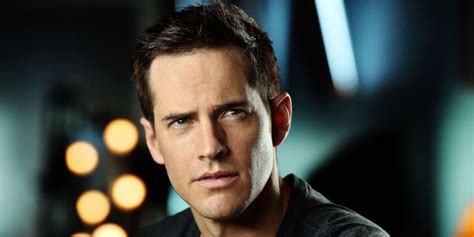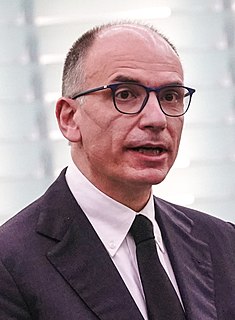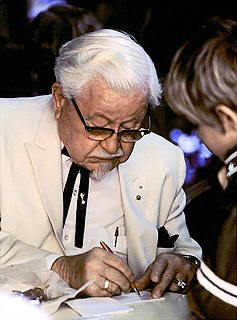A Quote by Jonathan Wood
What you're seeing is a loss of confidence in institutions and their legitimacy because they are not seen as delivering. It's hardly a surprise that it's producing a degree of paralysis. Politics becomes very reactive and it's hard to deal with the bigger issues.
Related Quotes
We have to deal with issues like inequality, we have deal with issues of economic dislocation, we have to deal with peoples fears that their children won't do as well as they have. The more aggressively and effectively we deal with those issues, the less those fears may channel themselves into counter-productive approaches that pit people against each other.
When you are a part of a world that is within an enclosed system, the biggest threat is that the loss of contact with any voice from the outside - a point of reference that is different from you - becomes habitual. The loss of this reference makes the enclosed system seem perfect. I can still feel this kind of threat today, the voice that gives legitimacy to various kinds of enclosure.
The easy way is efficacious and speedy, the hard way arduous and long. But, as the clock ticks, the easy way becomes harder and the hard way becomes easier. And as the calendar records the years, it becomes increasingly evident that the easy way rests hazardously upon shifting sands, whereas the hard way builds solidly a foundation of confidence that cannot be swept away.
Practice following your intuition in everyday things, trusting your gut feelings moment by moment and acting on them as best you can. As you learn to trust yourself in smaller matters, you will build power and confidence to take bigger risks and deal with the larger issues in your life successfully.
I'll give President Obama credit that he's dealing with big issues. I've seen administrations come to town and only deal with the little ones. You know, he's confronting a lot of major concerns here, and he's the only president we're going to have for the next four years, so we hope he's got some degree of success.
The belief that politics can be scientific must inevitably produce tyrannies. Politics cannot be a science, because in politics theory and practice cannot be separated, and the sciences depend upon their separation. Empirical politics must be kept in bounds by democratic institutions, which leave it up to the subjects of the experiment to say whether it shall be tried, and to stop it if they dislike it, because, in politics, there is a distinction, unknown to science, between Truth and Justice.




































